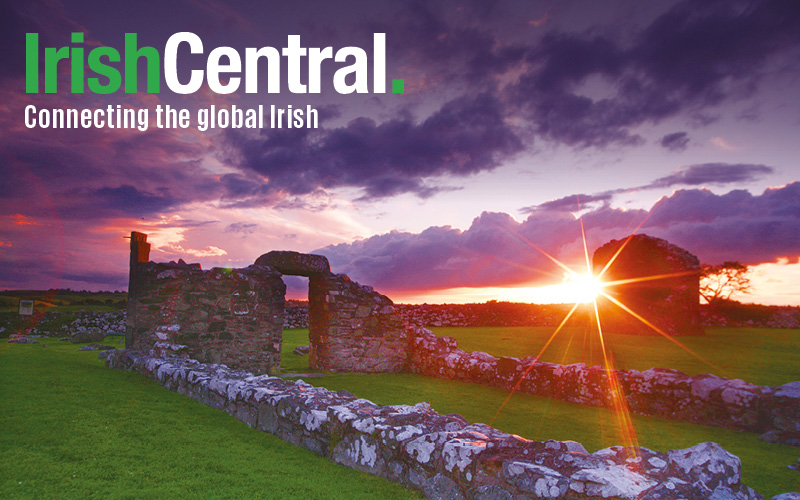The High Court in Belfast has upheld a 270-year-old ban on the use of the Irish language in court proceedings in the North.
Caoimhin Mac Giolla Cathain had taken the case after his application for an occasional drinks license was returned.
He was told that his application could not be considered because it was not in English.
Court officials said the ruling came about because of an 1873 Administration of Justice (Language) Act said that “all proceedings in courts of justice within this kingdom shall be in the English language”.
Mr Justice Treacy dismissed Cathain's claim that the Act was incompatible with the European Charter for Regional and Minorities Language and secondly that the Act was in breach of the European Convention on Human Rights.
Cathain's lawyer Michael Flanagan said they could yet appeal.
“We find it difficult to accept that legislation created in 1773 is still fit for purpose in a modern and diverse society and especially so in the light of the Good Friday Agreement's commitment to promoting minority and regional languages," he said.
A report from historian Dr Eamon Phoenix said that the Act could "be viewed as a piece of discriminatory legislation directed at the mother tongue of the mass of the Irish population at that time. It is therefore the cultural equivalent of the penal laws.”
Janet Muller, CEO of the Irish community group, pobal, which backed Cathain said: “We are disappointed but not surprised. Today's decision proves the urgent need for an Irish Language Act to properly protect the rights of Irish speakers..
“In Wales, Welsh speakers have had the right to use Welsh in courts since 1942. In Scotland, there are courts where Gaidhlig can be heard every day.
“This case shows that the British Government is once more guilty of operating a double standard in its treatment of the users of different languages on these islands.”




Comments